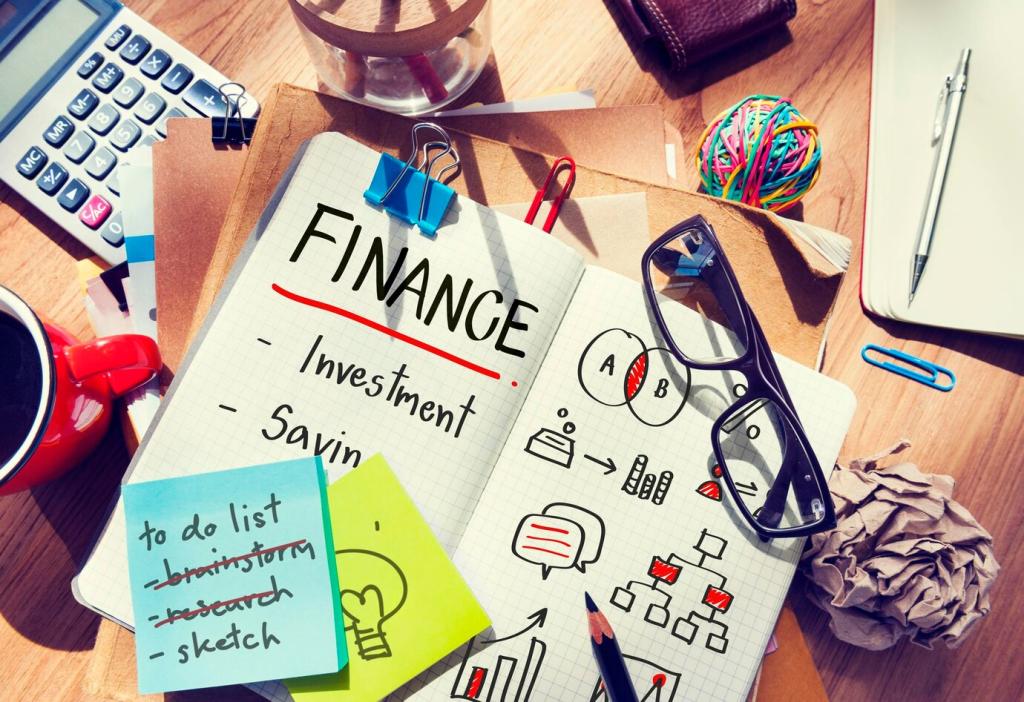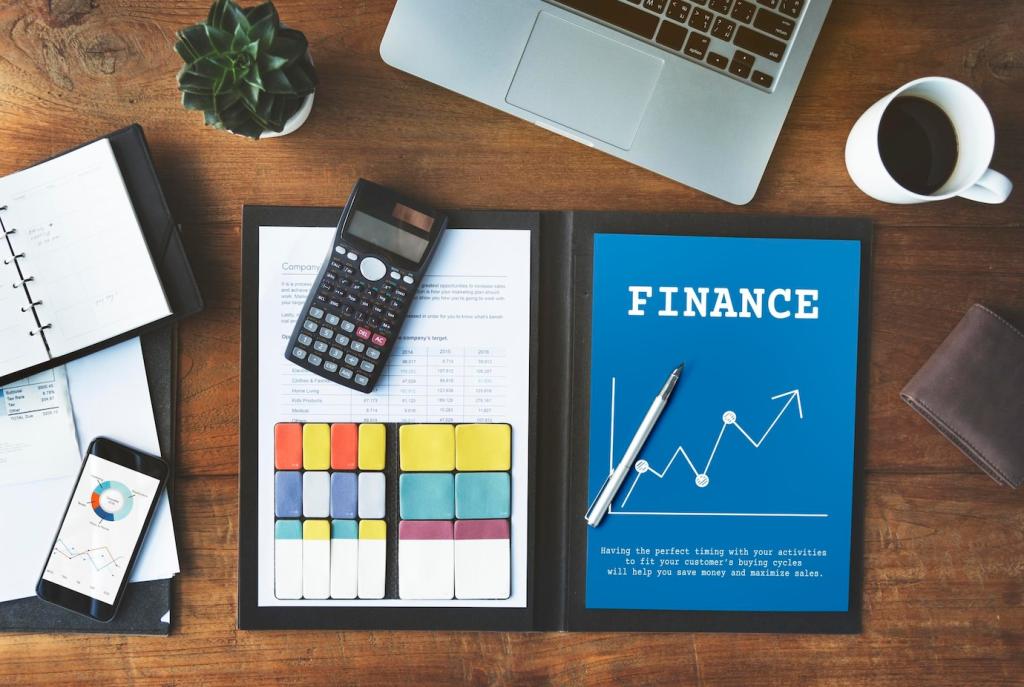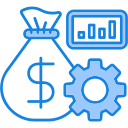Effective Budgeting Tips for Young Adults
Navigating personal finances as a young adult can feel overwhelming, but mastering the fundamentals of budgeting is a crucial step toward achieving financial independence and security. With so many expenses lurking around every corner—rent, utilities, eating out, student loans, and entertainment—it’s easy to lose control. By adopting strategic budgeting habits early on, you can take charge of your money, prevent debt from piling up, and set yourself up for future success. This guide breaks down practical budgeting tips that every young adult can implement, empowering you to make smarter spending choices and reach your financial goals with confidence.

Previous
Next
Understanding Your Income
It’s important to go beyond just your main job when tallying your income. Include side hustles, freelance projects, stipends, and any financial support you might receive from family or scholarships. This comprehensive approach provides a clearer financial picture, allowing you to make more informed spending decisions. It also helps in recognizing the true amount available to fund your lifestyle each month, which is a critical starting point for crafting a sustainable budget.

Previous slide
Next slide
Tracking Your Spending Habits
The modern age offers a variety of apps and tools designed to simplify the tracking process. Apps like Mint, YNAB, or your bank’s built-in tracker can categorize expenses and give you detailed reports. Regularly reviewing these reports helps you detect overspending in categories like dining out or online shopping, and enables you to make swift, data-driven adjustments to stay on track with your budget.


Choosing a Budgeting Method
There are several popular budgeting methods, each suited to different personalities and financial situations. For instance, the 50/30/20 rule divides your income into needs, wants, and savings, while zero-based budgeting assigns every dollar a specific job. Experiment with different systems to find what works best for you, ensuring your budget is something you’ll actually stick to rather than abandon after a few weeks.

Prioritizing Essential Expenses
Start by ensuring that your essential expenses—like rent, utilities, food, and transportation—are covered first. These are non-negotiable needs that should take precedence over wants. Setting aside enough for essentials creates a financial safety net and reduces stress, preventing you from running short for critical bills no matter what else you want to buy or enjoy.

Allowing for Flexibility
Rigid budgets can be demotivating and unsustainable. Life is unpredictable, and unplanned expenses pop up. Build some flexibility into your budget by setting aside a discretionary spending buffer or an “other” category. This approach keeps your finances balanced while accommodating life’s little surprises, helping you avoid frustration or feelings of failure when the unexpected occurs.
Cutting Unnecessary Expenses

With so many streaming platforms, digital subscriptions, and monthly memberships on offer, it’s easy for these costs to quietly add up. Take time to review every recurring charge to determine which ones you actually use and value. Canceling or pausing unused subscriptions gives you instant savings, freeing up funds that can be redirected to higher priorities, like paying off debt or building your emergency fund.
Saving money can be intimidating if you try to set aside large sums right away. Instead, begin with modest, manageable amounts—perhaps five or ten percent of your income—and increase contributions as your financial situation improves. Consistency is key; even a small emergency fund provides peace of mind, and gradual growth ensures that saving becomes an ingrained part of your routine.

Managing Debt Responsibly
Understanding Your Debt Obligations
Begin by making a list of all your debts, including the amounts you owe, interest rates, and minimum payments. This clear overview allows you to prioritize your repayment strategy, focusing first on high-interest debts that cost the most over time. Clarity leads to more strategic, effective decisions and prevents missed payments that could damage your credit standing.
Avoiding New Unnecessary Debt
Try to resist the temptation of incurring new debt except for essentials or productive investments, like education or transportation. Credit card offers, buy-now-pay-later plans, and loans are enticing but can quickly spiral out of control. Cultivate habits that allow you to live within your means, using credit sparingly and focusing on paying off outstanding balances before taking on new commitments.
Strategies for Paying Down Debt
Adopt a proactive approach to debt repayment, such as the avalanche (paying off high-interest debts first) or snowball (starting with the smallest debts) methods. Consider consolidating debts for simplicity, but always read the fine print. Making more than the minimum monthly payment whenever possible reduces total interest costs and speeds up your path to a debt-free future, freeing up more money for savings and investment.
Join our mailing list
